Tyrolit, a leading supplier of innovative solutions in grinding, cutting, drilling, honing, dressing and polishing tool is banking on its new Genis 2 grinding wheel. Genis is a very popular product especially in the automotive industry due to its vitrified bond and CBN abrasive grains. Numerous crankshafts, camshafts, balancer shafts and transmission shafts, as well as fuel injection components are today produced using these grinding wheels. Depending on the application, the Genis grinding layer is applied to the cores in a segment or ring shape, enabling adaptation of the grinding layer to numerous geometries.
Moreover, Genis grinding wheels are available with a variety of core materials. Steel is seen as an inexpensive option where the wheel is subject to heavier loading. Lightweight versions are available in aluminium, or in carbon fibre (CF) as an ultra lightweight option, which significantly reduces the overall grinding wheel weight and is suitable for very high speeds. In addition to the material variations, a high-precision package can be ordered, which receives special treatment throughout the production process and is precision-balanced before leaving the factory. This additional package is ideal for machines without an integrated balancing device as here, tool changing times are reduced significantly.
Genis 2 expanded fields of application
Despite the versatility and high grinding power of Genis grinding wheels, there still remain applications which have not been optimally catered till date. The consistent further development of the bond system and the expertise gained during the implementation of customised specifications has culminated in the Genis 2 product line, which covers an even broader range of grinding applications than was previously possible, while also improving cutting performance, cycle times and wheel life. Explaining the development process, Gunter Steckel, Product Development Manager Ceramic Abrasives at Tyrolit said, “The objective with this new product was to develop a bond system that achieves good mechanical properties, combined with manufacturing stability, with an extremely low bond content. A further task was to further improve on the existing tolerance limits.”
The results of this lengthy development work are truly remarkable. “The bond strength has been increased by a further 25% compared to the already successful Genis bond,” says Steckel. He further said, “This increase in bond strength can be utilised to meet the required trend towards increase wheel porosity and thus produce a freer cutting tool specifications. Furthermore, the fact is that greater grain fracturing is generated, which is a reflection of the excellent adhesion of the new Genis 2 bond with regard to the CBN abrasive grain.”
The application-specific design of the grinding wheel is further improved by the low shrinkage factor of the Genis 2 bond system. The secure bonding of the CBN abrasive grains in the grinding layer ensures that the breakage occurs in the grain itself rather than it breaking out from the bond matrix. This results in a self-sharpening effect of the abrasive grain, which in turn ensures a sustained higher cutting ability of the Genis 2 grinding wheels. Owing to the higher adhesion strength, a lower bond volume is also necessary. This means that the new grinding layer can be more porous, offering greater scope for chip transport and coolant supply. The wheel is therefore characterised by particularly cool grinding.
Adaptability of the Genis 2
Genis 2 opens up a broad range of options for Tyrolit application technology to adapt the specifications of the grinding wheels to the individual requirements of the respective customer: Depending on the material being ground, grinding machine, coolant delivery and process parameters, the Tyrolit application engineer is able to bring together the optimum combination of each of the Genis 2 components. These can then be manufactured serially as customised grinding wheels for the relevant customer. Tim Lorkowski, Application Engineer CBN Tools at Tyrolit said, “Adaptation of the design in subtle ways allows us to increase the accuracy of the specification. This, in turn, enhances the optimisation potential for existing grinding processes.”
In addition to the previously mentioned options for individual adaptation, it is also possible to select a high-precision grinding wheel version with the Genis 2 grinding wheels. These grinding wheels are configured for minimum unbalance values throughout the entire manufacturing process. Moreover their true-running characteristics during use are further improved through additional features such as a gauge collar, ground contact surfaces etc. Here again, these narrow production tolerances of the Genis 2 wheels reduce the set up times at the machine.
As the high-quality Genis 2 cores can also be reused several times, Genis 2 grinding wheels can upon request be designed with a blue neutral zone, which separates the active CBN grinding layer from the core. Thanks to this clear visual separation, the Genis 2 wheels can be removed from the machine in time after optimum utilisation of the CBN layer, before the neutral zone has been spent and the cores become damaged. This ensures a significant reduction in capital expenditure when grinding wheels are used in series production.
Genis 2 pushes performance limits higher
Genis 2 grinding wheels not only extend the field of vitrified bonded grinding wheels with CBN abrasive grain, but also significantly push the performance limits higher in terms of surface finish, cycle times and tool life. During the grinding of passenger car camshafts, for example, the cycle time was reduced by 20% and the dressing cycle lengthened by 30%, which was the main focus of the customer due to the high unit volumes involved. In another application, the grinding time was shortened to such an extent with Genis 2 that 8 plunge cuts could be achieved in the same time period as previously only 4 had been ground.
“Depending on the application, wheel life, part quality and processing times have been massively improved. During the processing of crankshafts for trucks made from a difficult-to-grind C38 material on Junker machines under emulsion, for example, the dressing cycle was improved from 16 to 28 shafts. Today, the customer has fully converted to Genis 2 and significantly improved his capacity,” concluded Lorkowski. ACI


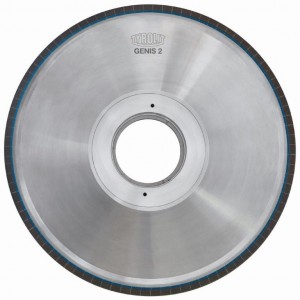
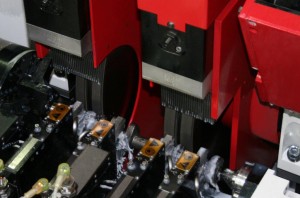
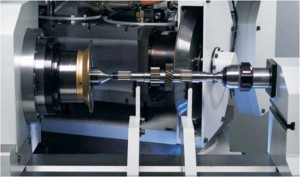

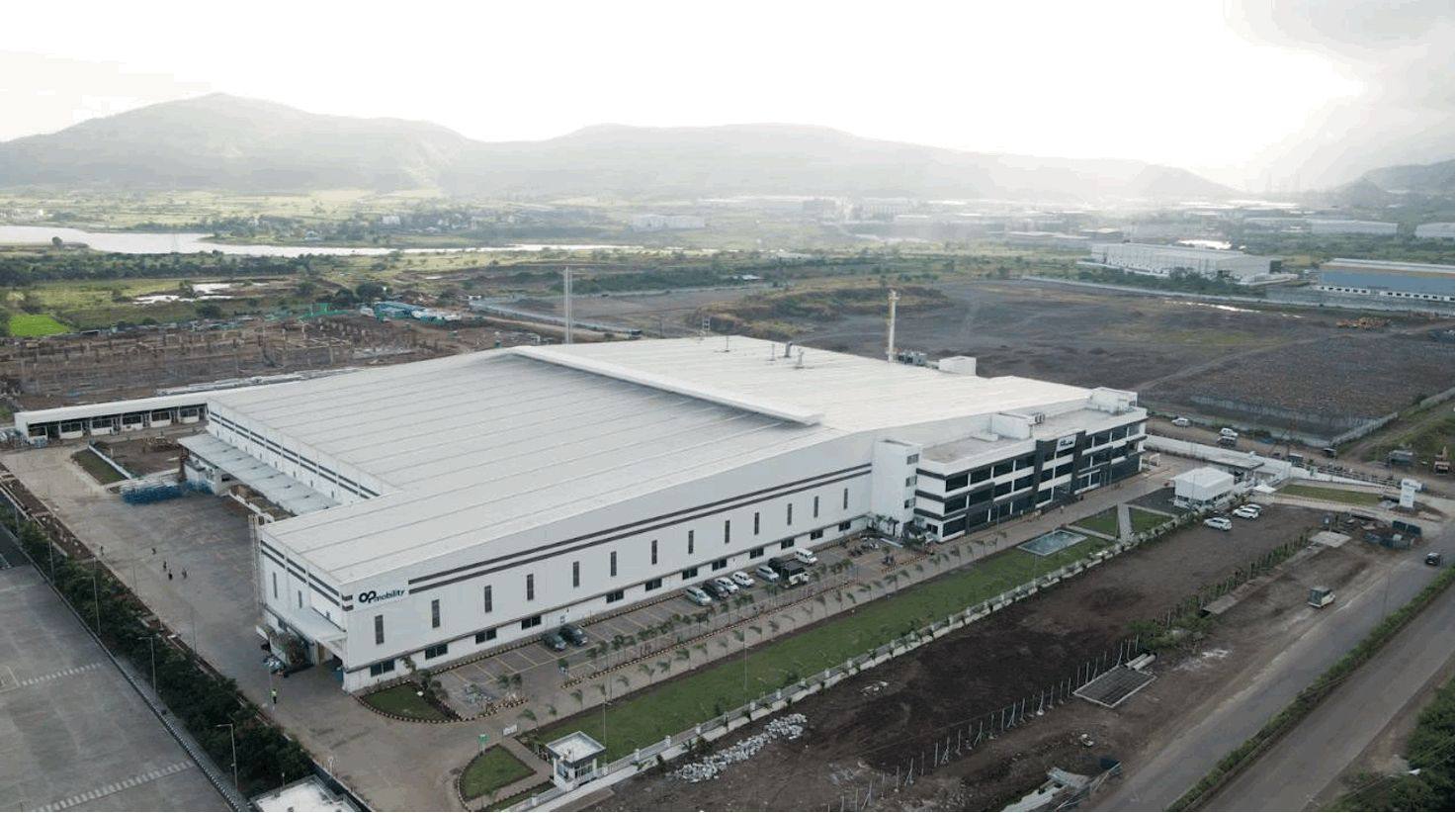

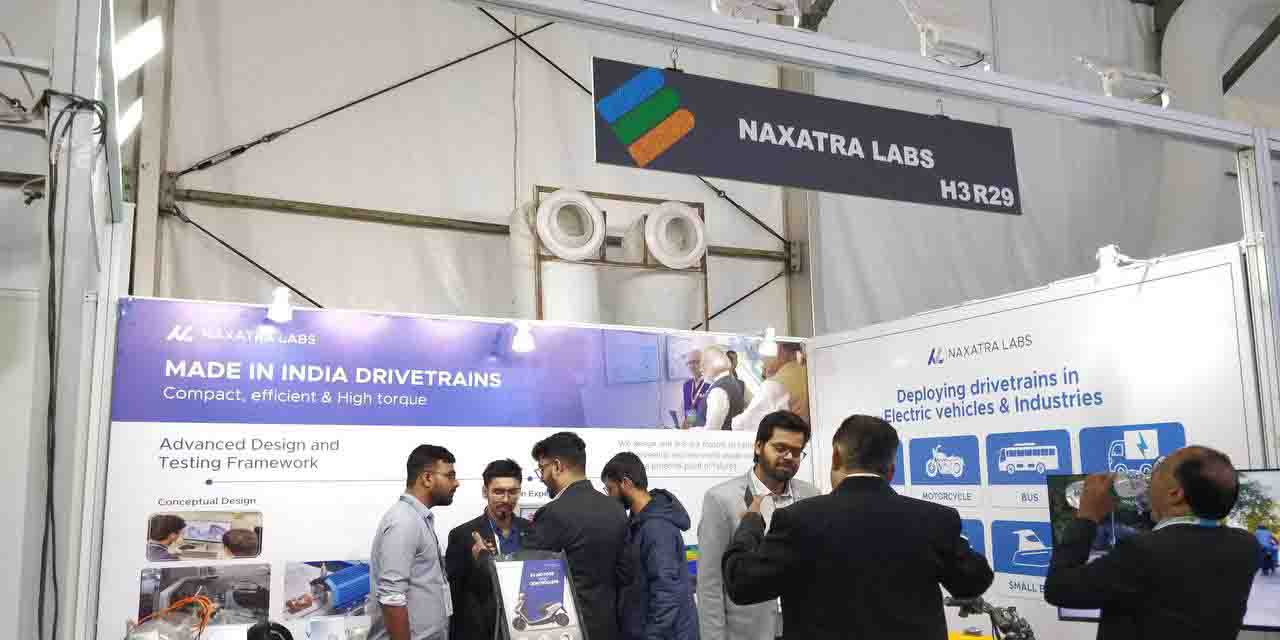
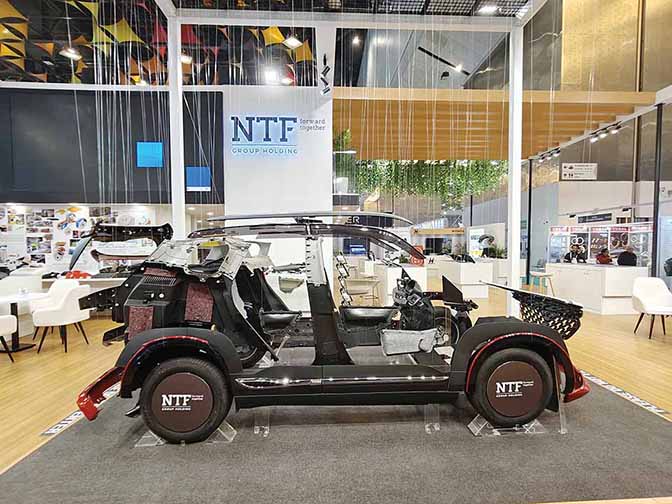





Leave a Reply